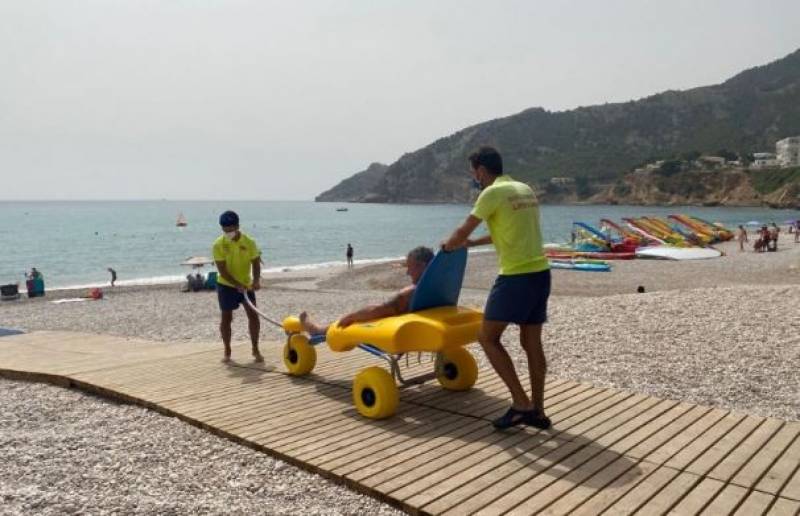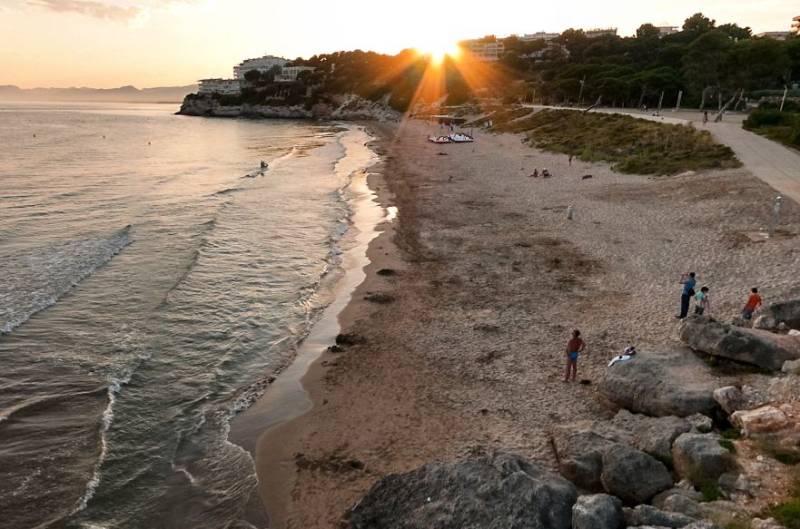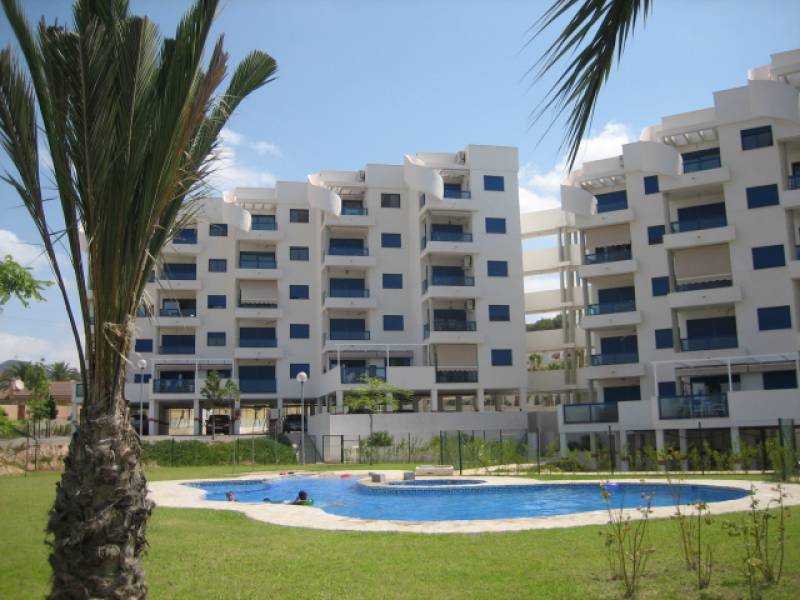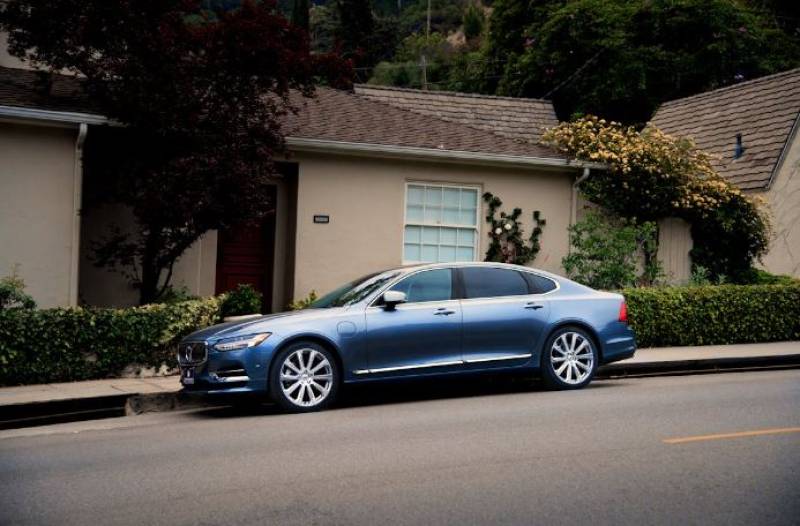

- EDITIONS:
 Spanish News Today
Spanish News Today
 Murcia Today
Murcia Today
 Alicante Today
Alicante Today
Date Published: 25/11/2024
Only a fifth of Spanish beaches are suitable for people with reduced mobility
Of the 3,600 beaches in Spain, only around 600 are fully accessible for bathers with disabilities

For so many people, a trip to the beach is a quintessential part of the Spanish experience, whether they are holidaymakers or long-term residents. However, for millions of individuals with reduced mobility, this idyllic scene is nothing more than a distant dream.
According to a shocking new report, more than 80% of Spain's beaches are not adapted for people with disabilities, effectively shutting them out of one of the country's most iconic attractions.
With more than 4 million people in Spain living with disabilities, and half of those over 60 facing similar challenges, the need for an accessible tourism infrastructure has never been more pressing. As the population ages, the demand for senior tourism is set to surge, and the industry must adapt to meet the needs of this growing demographic.
Failure to do so could result in a significant drop in demand, with tourists opting for more accessible destinations.
But incredibly, of the 3,600 existing beaches in this country, only 600 are fully kitted out with all of the equipment necessary for people with mobility challenges to participate independently and safely.
For the experts, accessibility is not just a nice-to-have, but a fundamental right.
"Since ageing is often associated with some form of disability, the tourism industry must anticipate and adapt to this new reality. If the sector does not adjust its offer, it could face a drop in demand, with an increasingly less sought-after offer. Tourism must evolve in step with changes in society," said Diego González, president of the Ibero-American Network of Accessible Tourism.
However, with 15% of the global population still unable to access tourism in the same way as others, there is clearly much work to be done.
The World Health Organisation estimates that 1.3 billion people worldwide live with a high level of disability.
In response, experts are calling for a shift in the discourse, from accessibility to inclusion.
"Tourist spaces should be built with everyone in mind, without having to ask about accessibility," says Mr González. "Inclusion should not be an exception or depend on requests, but rather an implicit condition in the design of infrastructures and services."
For a country like Spain, where tourism represents 13% of GDP and generates 14% of employment, Mr González added, the need for accessible tourism infrastructure is not just a social imperative, but an economic one.
Image: Archive
staff.inc.and
Loading
Sign up for the Spanish News Today Editors Roundup Weekly Bulletin and get an email with all the week’s news straight to your inbox
Special offer: Subscribe now for 25% off (36.95 euros for 48 Bulletins)
OR
you can sign up to our FREE weekly roundup!
Read some of our recent bulletins:
Discount Special Offer subscription:
36.95€ for 48 Editor’s Weekly News Roundup bulletins!
Please CLICK THE BUTTON to subscribe.
(List price 3 months 12 Bulletins)
Read more stories from around Spain:
Contact Murcia Today: Editorial 000 000 000 /
Office 000 000 000

























